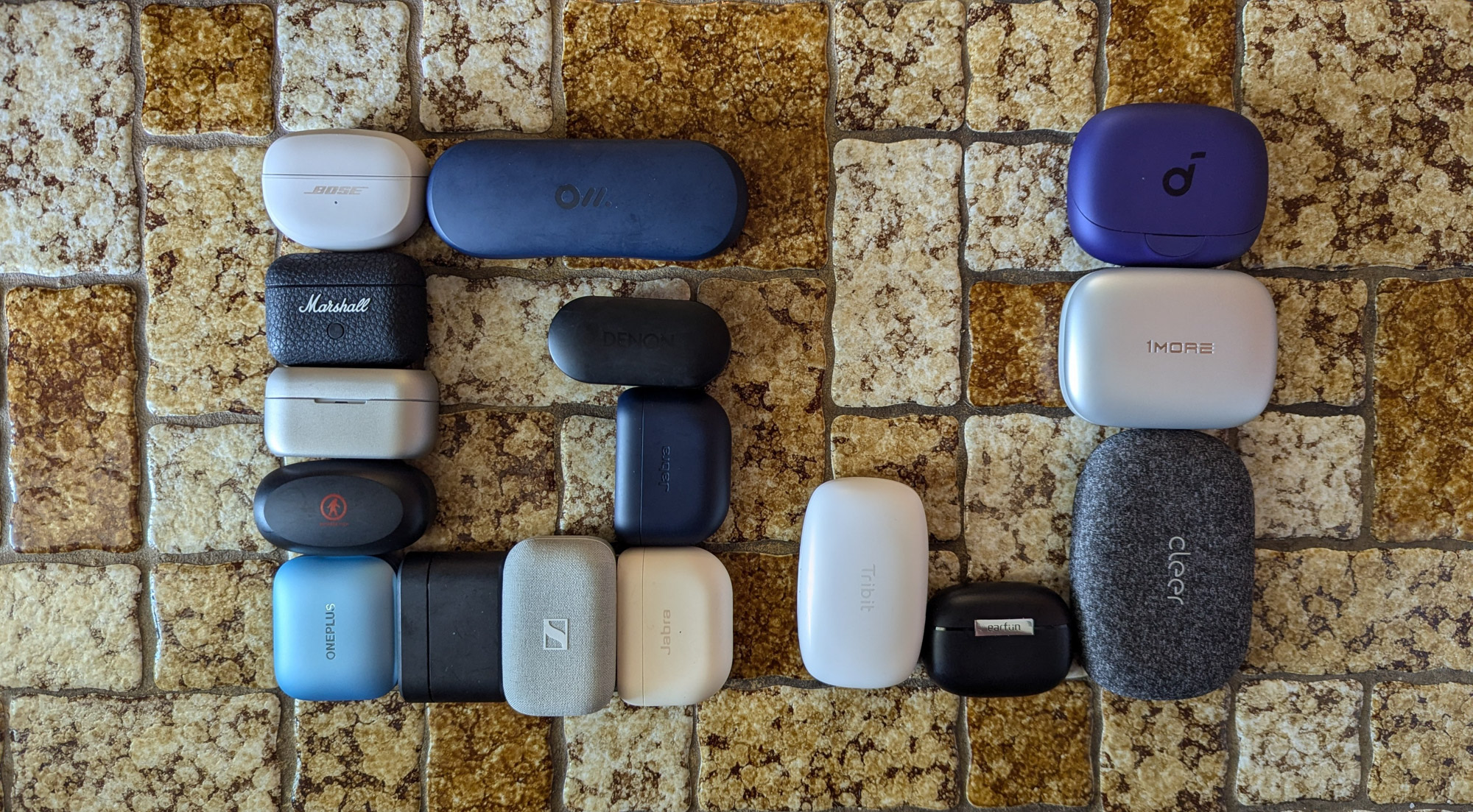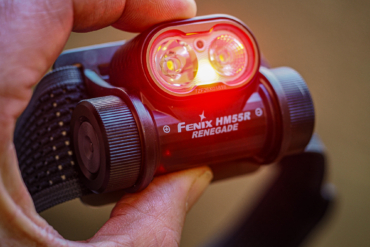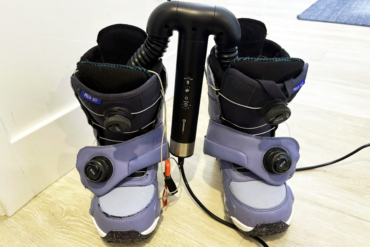“From LOL to SOS, and every message in between….” That’s a cheesy but illustrative tag line DeLorme uses to advertise its inReach SE, a satellite-based GPS communicator. It costs $300 or more depending on the version and can send and receive text messages far off-grid.
 New this spring, DeLorme has a program to allow unlimited text-messaging at prices as low as $50 per month. International travelers can buy the $50 program and then stay in contact with loved ones or friends as much as they want — send 20 or 40 texts a day if desired, the DeLorme contract will allow it.
New this spring, DeLorme has a program to allow unlimited text-messaging at prices as low as $50 per month. International travelers can buy the $50 program and then stay in contact with loved ones or friends as much as they want — send 20 or 40 texts a day if desired, the DeLorme contract will allow it.
DeLorme inReach Text Messaging Plans
The inReach can be a good solution for anyone traveling far away or off-grid. In addition to texts, there are navigation, tracking and SOS features.
We spoke with Kim Stiver and Chip Noble, director of marketing and head of product development for DeLorme, to get details of the plan.
Stiver and Noble told us that the new texting plans are targeted at those who spend a fair amount of time off the cell phone grid. Explorers, Peace Corps volunteers and study-abroad students are all likely candidates.
“We have a young woman customer serving in the Peace Corp,” Stiver said. “Her dad bought her an inReach because she’s so remote and he couldn’t communicate with her through any other means.”
There are four unlimited international texting plans — two are contract plans and two are month-to-month “freedom” plans that cost slightly more but have no yearly contract.
For unlimited texting, the Expedition plan with an annual contract comes to $49.95 a month. See all the plan options here.

Caveats?
The inReach device must have an open view of the sky to function, so no use inside buildings. And each text message is limited to 160 characters. The satellite transmitters are bulky compared with cell phones and require a large antennae.
The inReach device must have an open view of the sky to function, so no use inside buildings. And each text message is limited to 160 characters. The satellite transmitters are bulky compared with cell phones and require a large antennae.
But for those in the backcountry, a dedicated GPS and satellite messaging unit trumps cell phones for reliability and battery life.
“My iPhone shut down three times this winter,” Stiver noted. “If you’re backcountry skiing with your phone even if you have the maps and they’re cached, it’s no good. That’s why our stuff is engineered for extreme temperatures and are rugged enough that they can be dropped.”
Satellite text-messaging is now available at a more affordable price. We look forward to seeing more dispatches sent far from civilization.






